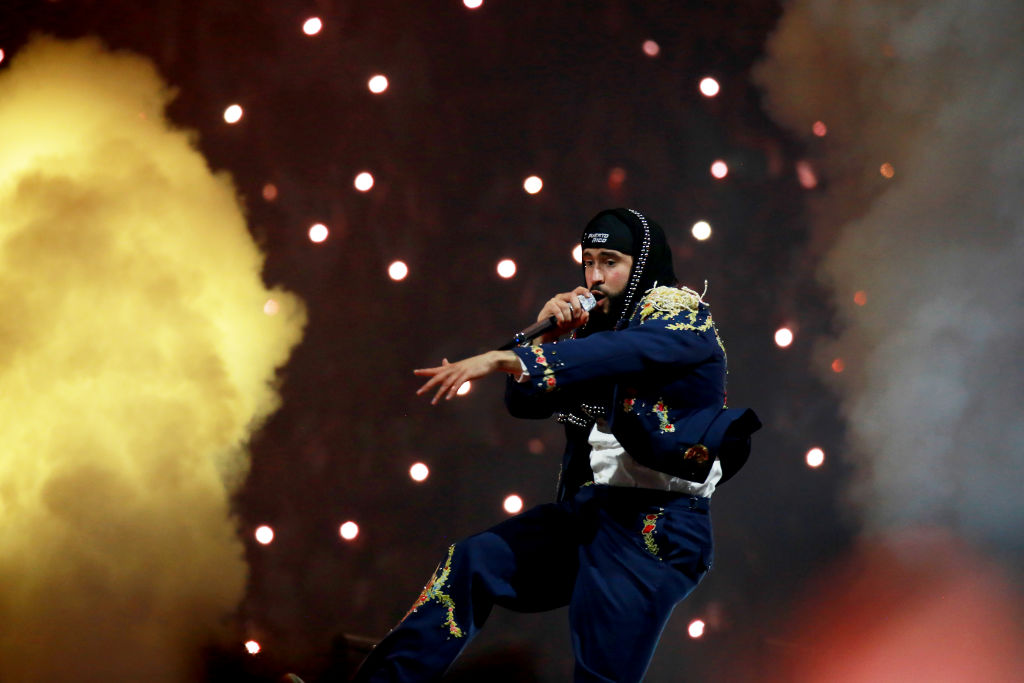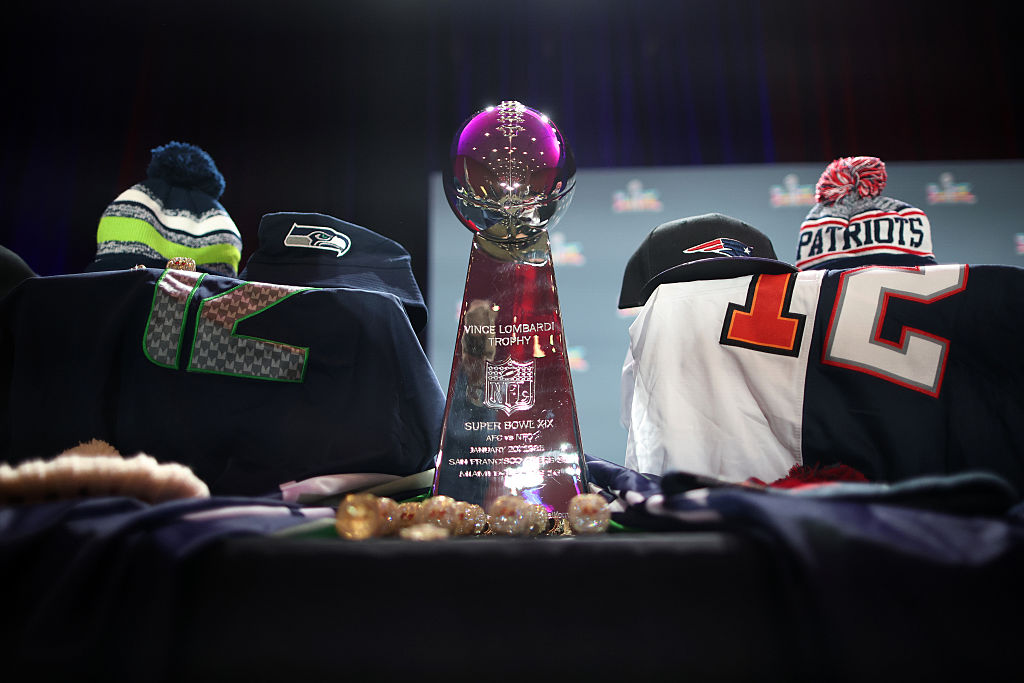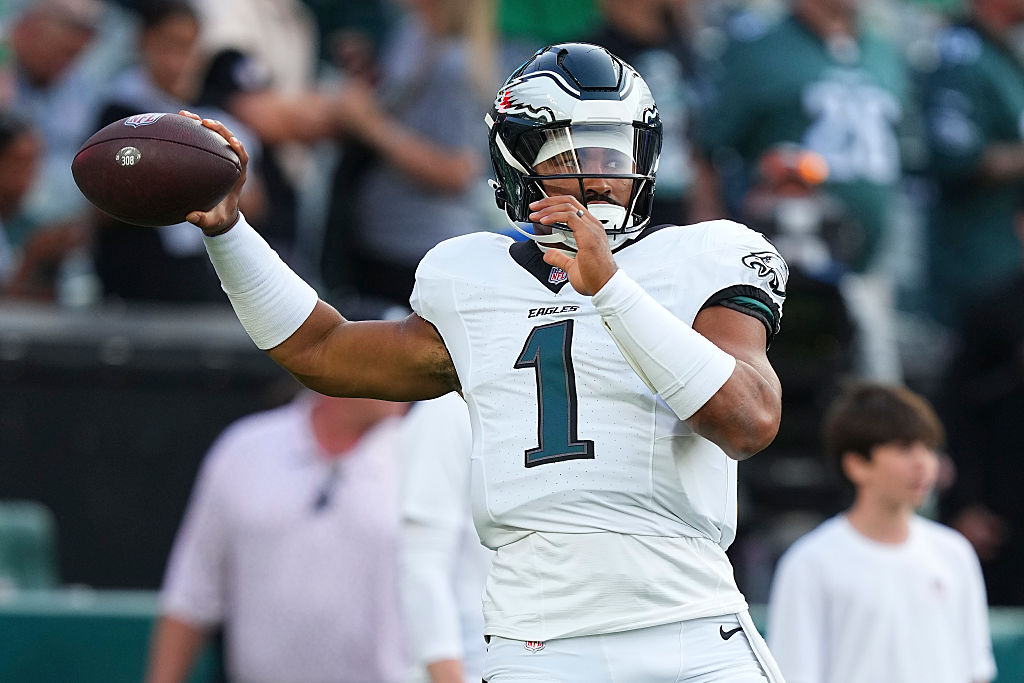If You’re Using Morgan Freeman’s Voice With AI, Stop Now
If You’re Using Morgan Freeman’s Voice With AI, You Might Want To Stop

Morgan Freeman’s voice is one of the most recognizable in Hollywood, but the Oscar-winning actor is not here for people using artificial intelligence (AI) to copy his voice without his consent. Read more about the news inside.
In a new interview, Freeman shared with fans that if you’re trying to sound like him using AI, stop or risk hearing from his lawyers. Known for his calm, commanding, and wisdom-filled voice, the gifted actor offered his talents to a range of productions. From March of the Penguins to embodying God himself in Bruce Almighty, his tone is legendary.
According to Yahoo, Morgan Freeman told The Guardian that he’s “PO’d” about the growing trend of AI-generated voices mimicking him without approval or payment.
“I’m like any other actor,” Freeman said. “Don’t mimic me with falseness. I don’t appreciate it and I get paid for doing stuff like that, so if you’re gonna do it without me, you’re robbing me.”
The actor revealed that his legal team has been “very, very busy” cracking down on unauthorized uses of his likeness, and it sounds like this issue is only getting bigger. AI voice cloning tools can now recreate vocal tones with scary accuracy, meaning Freeman’s signature baritone has become a target for online creators, scammers, and content farms hoping to capitalize on his fame.
Morgan Freeman joins a growing number of actors raising concerns about AI exploitation in Hollywood. During the 2023 SAG-AFTRA strike, one of the central issues was the protection of performers’ likenesses and voices from being replicated without fair compensation. For many Black actors in particular, this fight also speaks to a larger issue about how technology can erase or profit off their unique cultural impact without acknowledgment or payment.
Interestingly, not all stars share Freeman’s stance. Yahoo reports that Matthew McConaughey and Michael Caine have both embraced partnerships with the AI audio company ElevenLabs to create virtual versions of their voices. The company’s “Iconic Voice Marketplace” even includes digital replicas of late legends like Maya Angelou and Judy Garland. Strange times we are living in, that’s for sure.
Still, Freeman’s warning hits hard. Creativity and innovation should never come at the expense of consent. His message to fans and developers alike is simple: respect the craft, respect the artist, and definitely respect the voice.
RELATED: What Jay-Z’s Halftime Choices Say About Race, Culture & Representation










